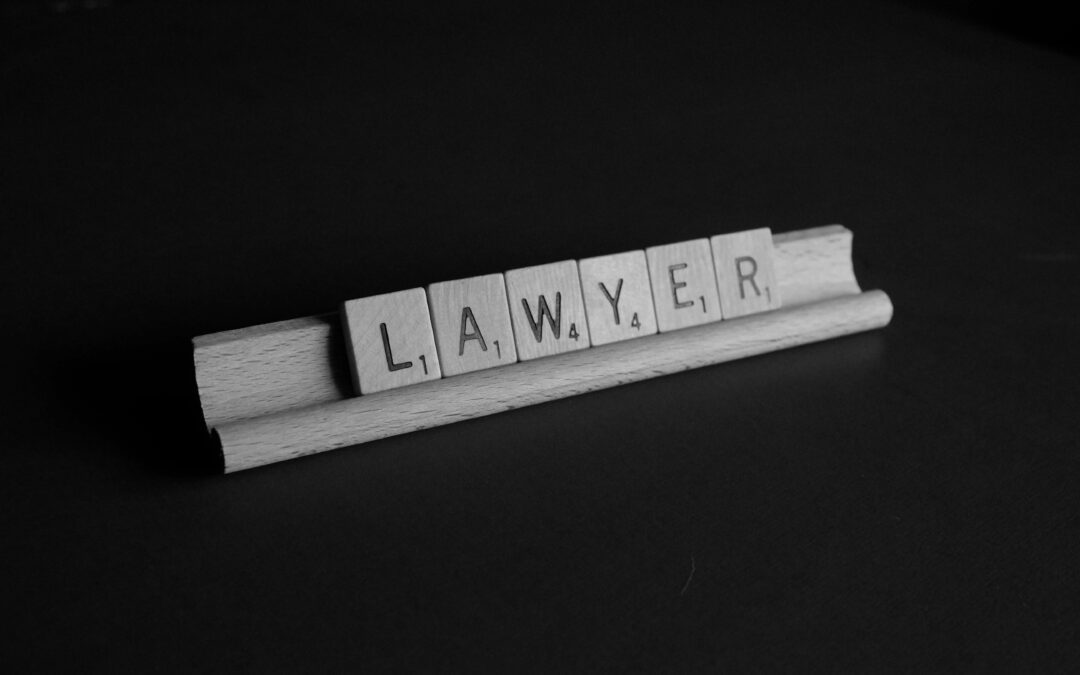Lease contracts are pivotal documents that define the relationship between landlords and tenants. They outline responsibilities, expectations, and, crucially, the rights of both parties involved. While landlords hold certain rights by default, tenants also have reserved rights to protect their interests and ensure a fair and secure rental experience. The best commercial property lease solicitors in Leeds are from nowhere but Kaiser Solicitors.
Understanding Reserved Rights
Reserved rights are specific privileges and protections granted to tenants under the terms of a lease contract. These rights safeguard tenants from unfair treatment, maintain their quality of life, and ensure the landlord complies with legal regulations.
Right to Quiet Enjoyment
One of tenants’ most fundamental reserved rights is the “right to quiet enjoyment.” This means that tenants have the legal entitlement to use and enjoy their rented property without unnecessary interference from the landlord. Landlords can only barge into the property with notice or engage in activities that disrupt the tenant’s peace and privacy.
Right to Repairs and Maintenance
Tenants also have the right to a safe and habitable living environment. Landlords are typically responsible for maintaining the property, and ensuring it meets health and safety standards. If a landlord fails to make necessary repairs, tenants may have the right to withhold rent or request repairs, depending on local laws.
Right to Privacy
Tenants have the right to privacy within their rented premises. Landlords must provide advance notice (typically 24-48 hours) before entering the property, except in emergencies. This ensures that tenants can expect privacy and security in their own homes.
Right to Security Deposits
Most lease agreements allow landlords to collect security deposits. Tenants have the reserved right to receive this deposit back at the end of the lease, provided they meet all the lease terms and leave the property in good condition. Landlords must also follow specific procedures when deducting from the deposit, with transparency and documentation.
Right to Fair Housing
Tenants have the right to be free from discrimination based on race, color, religion, sex, or disability under federal and state Fair Housing laws. Landlords cannot deny housing or mistreat tenants based on these protected characteristics.
Right to Due Process
If a landlord wishes to evict a tenant, they must follow the proper legal procedures. Tenants have the right to due process, which means they can challenge eviction notices in court and defend their tenancy if they believe it’s being terminated unfairly.
Right to Lease Renewal
In some jurisdictions, tenants may have the right to renew their lease under certain conditions. This prevents landlords from arbitrarily terminating leases without cause.
Conclusion
Understanding tenants’ reserved rights in lease contracts is crucial for a harmonious landlord-tenant relationship. Tenants should thoroughly review lease agreements, know their rights, and seek legal advice if disputes arise. These reserved rights provide the foundation for a secure and fair rental experience, ensuring that landlords and tenants can coexist within the bounds of the law. Our commercial property solicitors Leeds can handle all your property matters without leaving any stone unturned.



